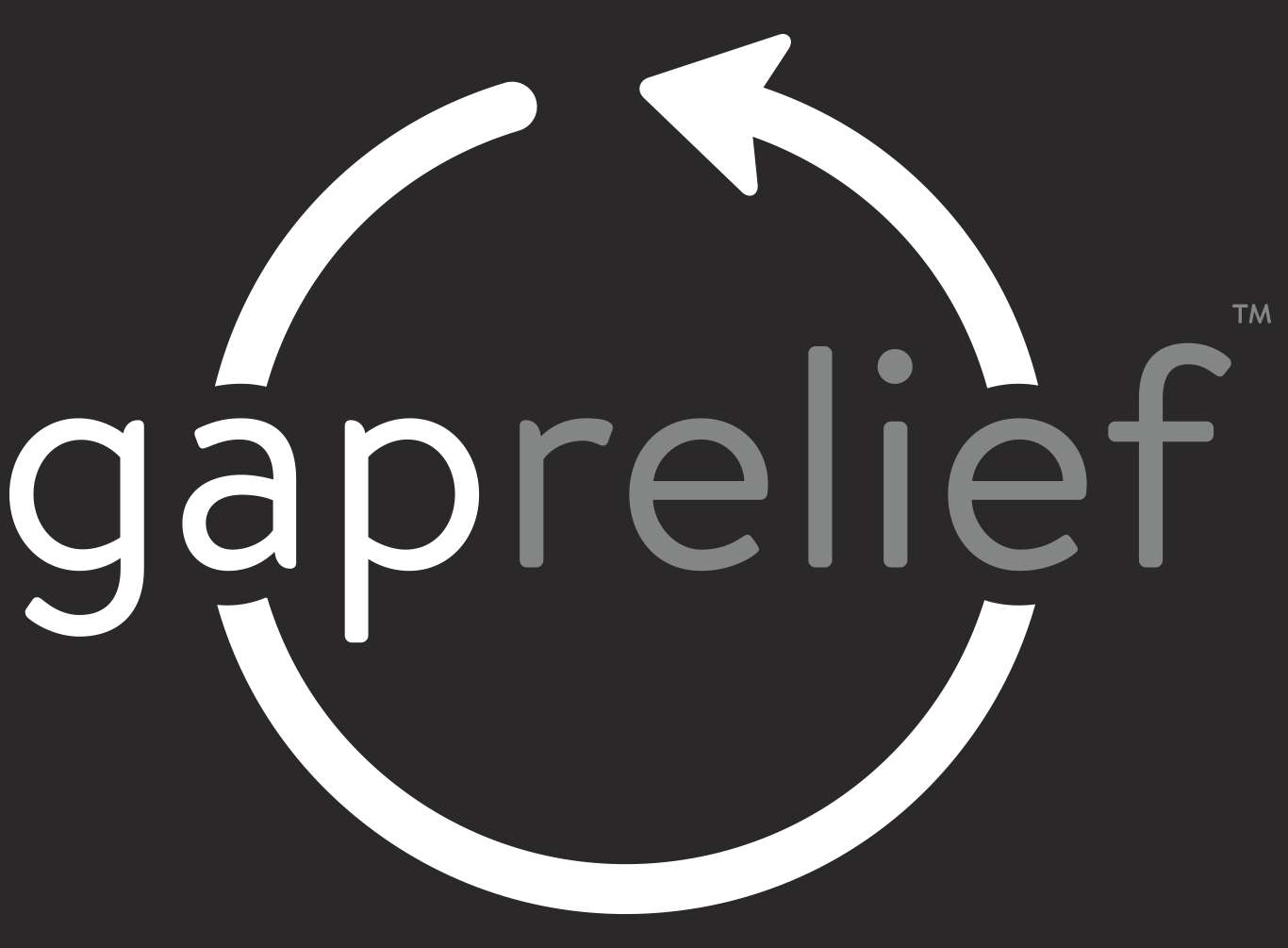National Adoption Month101
For National Adoption Month, we are so excited to be sharing blog posts representing the perspectives of different members of the Adoption Constellation. These will be community partners, Gap Relief team members, and individuals closely connected with us as an organization. We believe that every member of the adoption community is valued, necessary, and trauma-impacted. As one of our valued sectors, it is our honor to walk toward the adoption community as a whole and sit in spaces of healing and wholeness alongside them (and this includes our own team!).
We wanted to start with an overview of the adoption community and what each member brings to the table. We are thrilled to partner with Michaela Montie, Co-Founder and Executive Director of Shared Beginnings, for this post. Shared Beginnings is an adoption agency that has a unique primary focus of providing support to birth mothers before, during, and after adoptive placement.
Disclaimer from Michaela: As I write this, I do want to explicitly state that I am not a trained counselor or mental health professional. I have only lived ONE experience as part of the adoptive community–that of the adoptive parent. However, I consider myself to have experience as a birth parent and an adoptee advocate as well. I have both of these within my family that I hold near and dear. I have waded through the hard times with them–time and time again. This does not mean I'm an expert, but it does mean that I have observations to share from walking life side-by-side with them as I have seen first-hand the impact of advocacy in their stories as well as the impact of their experiences themselves. Again, I am NOT speaking on their behalf, but am simply sharing my lifelong journey of foster care and adoption.
The adoptive parents’ experience has traditionally been considered the center of an adoption story. In recent years however, the idea of an Adoption Triad has been shared more and more. The idea behind the triad is that the equal parts of the triangle represent the birth or first family, the adoptive family, and the adoptee. Even more recently, we hear language like "Adoption Triad" or "Triad Members" shifting more towards "Adoption Constellation" or "Constellation Members". Claire Hudson and POST Adoption Resources have really championed this change. Adoption is not clean. It's messy and its reach and impact is far. It has ripple effects and the people impacted can be plotted more within a constellation than a neat triangle.
At the CORE, in a perfect world, adoption would NOT exist. The nuclear family would be able to provide adequate care for every family member. But the world we live in is not perfect. As long as a biological parents or family members have been deemed safe and can provide adequate care, reunification and kinship placement should always be the first avenues explored to reduce the long-term childhood trauma that can coincide with any shift of a child’s primary caregiver.
With this considered, we hope to lay the groundwork in defining some of the members that make up the Adoption Constellation. When reunification and kinship placement is not possible, an adoption plan is the next-best option for healing and wholeness for a child. Within any Adoption or Foster Care story there are MANY members. Let’s walk through them.
Birth Parents - The adoption story begins here. Through whatever path life has taken them down, these are the biological parents of the child who will become known as the adoptee. Their life circumstances and situations are as diverse as you can imagine. For some, adoption as a parenting option is their CHOICE. For some, parental rights are terminated by a court of law.
Adoptees - These are the individual children who will ultimately be adopted. They may come from other countries, the United States foster care system, or have had parents proactively decide to make an adoption parenting plan for them as infants. Each child and situation has its own complexities, loss, and trauma. Additionally, most adoptees have NOT previously been orphans.
Adoptive Parents - These are individuals who take on the legal rights of parents and are responsible to provide for the welfare of a child (or in some cases an adult) that may or may not be biologically related to them. In many adoptions there is no biological relationship, although we do see kinship adoption numbers rising within the United States.
Foster Child- This is a minor in the state's custody (usually the Department of Family Services, although each state’s department title may differ slightly). This child still has parents. They are NOT orphans. The state has direct responsibility for care and custody while parents work their case plan. Case plans often include several requirements designed to increase parenting skills and resources while ensuring safe circumstances for the child’s potential return home. During such time, they are placed in a licensed foster home with adults capable of caring for their needs.
Foster Parents - licensed individuals who have agreed to temporarily house children for the purpose of reunification with their biological family. They are provided a stipend by the state to meet the child's basic needs.
Support System - We consider these to be Constellation Members as well. These are people who stand in hard places alongside others and offer them the physical and emotional support needed to carry out their mission of adoption, being adopted, working a case plan for reunification, or placing their child for adoption.
The adoption community is an integral part of our community as a whole! Our hope is that throughout this National Adoption Month, we are able to increase awareness around the adoption constellation and the stories held within it, while fostering curiosity around the role we may play in supporting this part of our community.
Posts to come: Join us over the next few weeks as we share an adoptee perspective from the Gap Relief team, the story of a birth mom, and hear from one of our founders as she shares about her experiences as an adoptive mom!
If you’d like to learn more about Michaela’s story or Shared Beginnings and the services they provide, please visit www.sharedbeginnings.org

